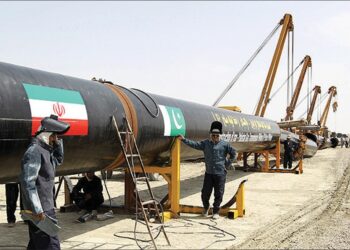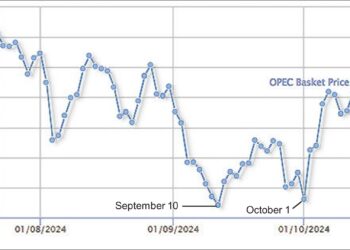Rajive Kumaraswamy, head of risk and reinsurance at ICICI Lombard, India’s largest non-life insurance firm, told The Economic Times of India, that other insurance companies were unlikely to fill the gap. That could sharply reduce trade between India and Iran.
“While a few Chinese and Russian reinsurance firms may step into the market, the capacity they can offer will be far too inadequate. In the absence of international reinsurers to whom the bulk of the risk is passed on for any sizeable cover, local non-life insurance firms are staying out of Iran, with a large number of them deciding not to renew the policies. While Indian insurers are not governed by US sanction regulations, their balance-sheets are too small for absorbing such risks.
“Even if cover is available, remitting the money to a client against a claim will be difficult as banks may be restricted from handling such funds,” he said.
In such circumstances, the claim money has to be parked in an escrow account and can be paid to the insurance buyer only after sanctions are lifted. “Understandably, no one wants to get into that kind of a situation,” said Kumaraswamy.
The insurance market felt the impact starting in July 2010 when the European Union passed sweeping sanctions against Iran. With this, major European reinsurance firms started reviewing their risk exposure to Iran.
According to an official with one of the insurance intermediaries, special covers can be sold on “first loss basis” by some insurance companies. But the cost could be prohibitive. The premium outgo for covering damages against properties or machinery can be anything from two to ten times the previous amount.

















